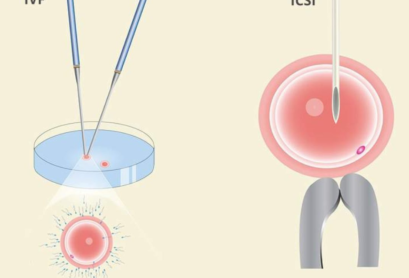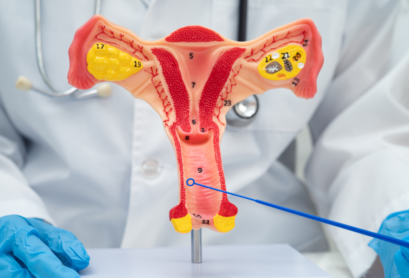ICSI Treatment Centre In Karachi
ICSI is one of the most advanced solutions for male infertility and it’s where the Australian Concept leads with confidence. From low sperm count to previous IVF failure, our expert embryologists use precision techniques and cutting-edge lab technology to give couples the best chance at fertilization.
With thousands of successful cases and a reputation built on trust, we’re proud to be one of Karachi’s most experienced centres for ICSI treatment.
Book An Appointment
Why Families Trust Us
Start Your ICSI Journey With Confidence
From your first consultation to embryo transfer, our expert team ensures you’re informed, supported, and comfortable at every stage. With personalized plans and strong success rates, your path to parenthood is in trusted hands.
Why Choose Australian Concept For ICSI
ICSI requires precision, and that’s where we lead. Our embryologists are highly trained in advanced micromanipulation techniques and experienced in handling complex male infertility cases. With top-tier lab standards and individualized care, we bring science and compassion together under one roof.


ICSI Cost in Pakistan 2026
We believe advanced treatment should be accessible. Our ICSI packages offer transparent pricing, typically between 7.5 and 8.5 lakh PKR in 2026 with no hidden fees. Flexible installment options make it easier to begin your journey with confidence.
Who Is ICSI
Ideal For?
Intracytoplasmic Sperm Injection (ICSI) is a breakthrough treatment designed to help couples facing male infertility or fertilization issues. It offers hope where natural conception or standard IVF may not succeed by directly injecting a single healthy sperm into the egg.
You may benefit from ICSI treatment if you experience:

FAQs
Find Clear Answers to
Your ICSI Questions
What makes ICSI different from standard IVF?
Is ICSI only for male infertility?
Are there any risks associated with ICSI?
Can ICSI be done with frozen eggs or sperm?
Our Patient Stories
Trusted fertility centre across Pakistan, delivered with care, personalised support, and proven success in helping thousands build their families.


Have Questions Or Need help
Reach out now. Who knows, your path to parenthood could be just one conversation away?

Location

Latest From Our Clinic & Community
Discover helpful articles, we are your go to space for trusted information, emotional support, and Islamic insights into fertility care.








